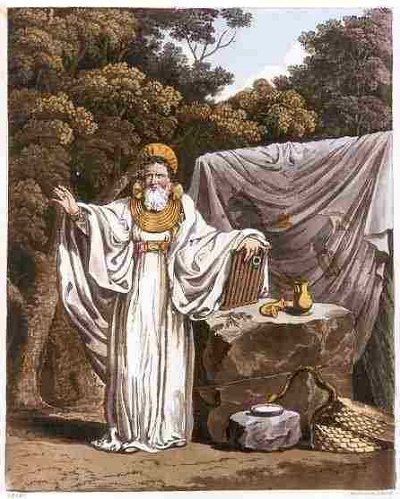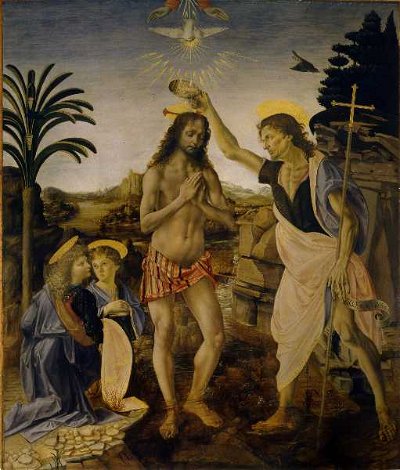 Good evening! My name is John and I live in 1860s Britain. My family has been discussing the origins of Father Christmas and other traditions while making decorations for our Christmas tree. Please join us!
Good evening! My name is John and I live in 1860s Britain. My family has been discussing the origins of Father Christmas and other traditions while making decorations for our Christmas tree. Please join us! Average, 10 Qns, ponycargirl,
Jan 05 26
 Good evening! My name is John and I live in 1860s Britain. My family has been discussing the origins of Father Christmas and other traditions while making decorations for our Christmas tree. Please join us!
Good evening! My name is John and I live in 1860s Britain. My family has been discussing the origins of Father Christmas and other traditions while making decorations for our Christmas tree. Please join us!  Commissioned for use during a Church of England holy sacrament, the Lily Font has been utilized by members of the British royal family since 1840.
Commissioned for use during a Church of England holy sacrament, the Lily Font has been utilized by members of the British royal family since 1840. |
|
|
|
 = Top 5% Rated Quiz,
= Top 5% Rated Quiz,
 Top 10% Rated Quiz,
Top 10% Rated Quiz,
 Top 20% Rated Quiz,
Top 20% Rated Quiz,
 A Well Rated Quiz
A Well Rated Quiz
· All questions, answers, and quiz content on this website is copyright FunTrivia, Inc and may not be reproduced without permission. Any images from TV shows and movies are copyright their studios, and are being used under "fair use" for commentary and education.